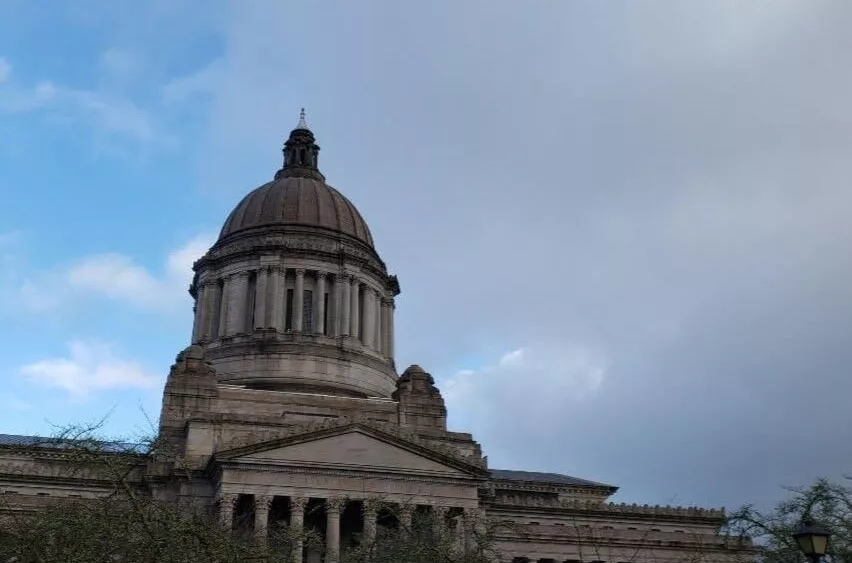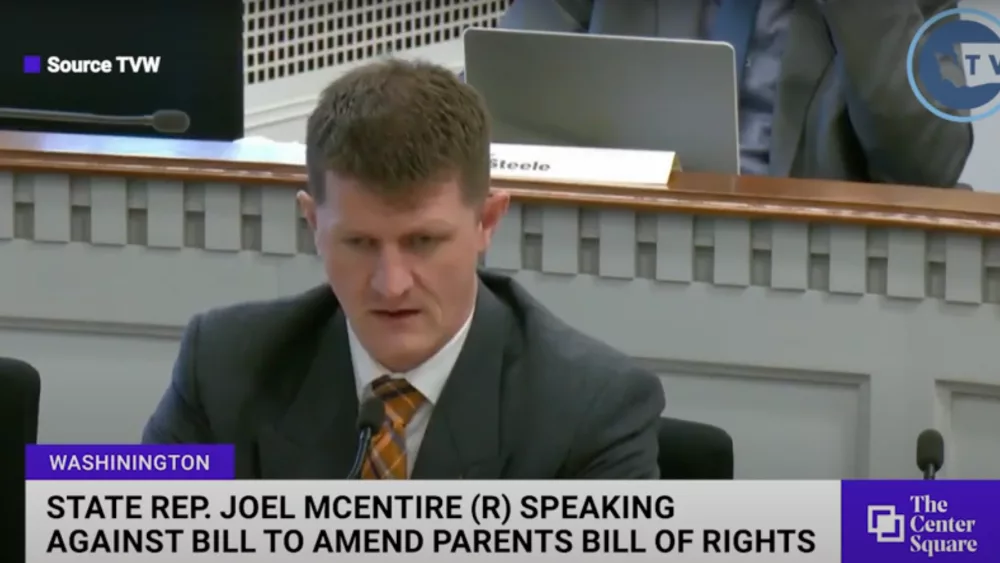(The Center Square) – King County Executive Dow Constantine is proposing significant increases to county Metro bus network spending amid a potential $50 million budget deficit next year.
The RapidRide G Line is launching Aug. 31, and goes along Madison Street from downtown Seattle to the First Hill neighborhood. Constantine’s proposed revisions and improvements are for routes 3, 4, 10, 11, 12, 47, 49 and 60.
A fiscal note shows that the proposed upgrades would see annual costs go from $3.4 million in 2023-2024 to $24.3 million in 2028-2029 for a total of approximately $60 million, a 614% increase in annual costs through 2029.
The proposed Metro upgrades comes as the county is dealing with a looming $50 million budget deficit in 2025. Constantine previously said he may be forced to make cuts to essential services unless a 1% cap increase on property tax revenue is lifted.
According to the county executive’s office, the RapidRide G Line–Madison Street project includes funding from the Seattle Department of Transportation and the voter-approved Levy to Move Seattle, as well as the Federal Transit Administration, Sound Transit, King County Metro and Washington state.
The Levy to Move Seattle has a levy rate of 33 cents per $1,000 of assessed value, meaning a median homeowner in Seattle pays $256 annually.
The proposed upgrades include extending route 3 to the Capitol Hill neighborhood, shifting routes 11 and 12 near Madison Street, and increasing frequency on route 60 on weekdays and weekends between 6 a.m. and 7 p.m. for more frequent north-south bus service connecting Capitol Hill, First Hill, Beacon Hill, South Park and southwest Seattle.
“With these new additions we will deliver fast, safe, reliable service to tens of thousands of people each day,” Constantine said in a news release. “Upgraded bus networks are a proven path for connecting communities quickly, getting people where they need to go, and opening doors to even greater opportunity.”
If Constantine’s proposal is approved by the King County Council, changes would be implemented in phases. Constantine’s office warns that some routes could be temporarily operating at lower levels of service than proposed until Metro is able to reliably deliver the new service changes.
The set of changes would be implemented in phases from 2024 through 2026.





